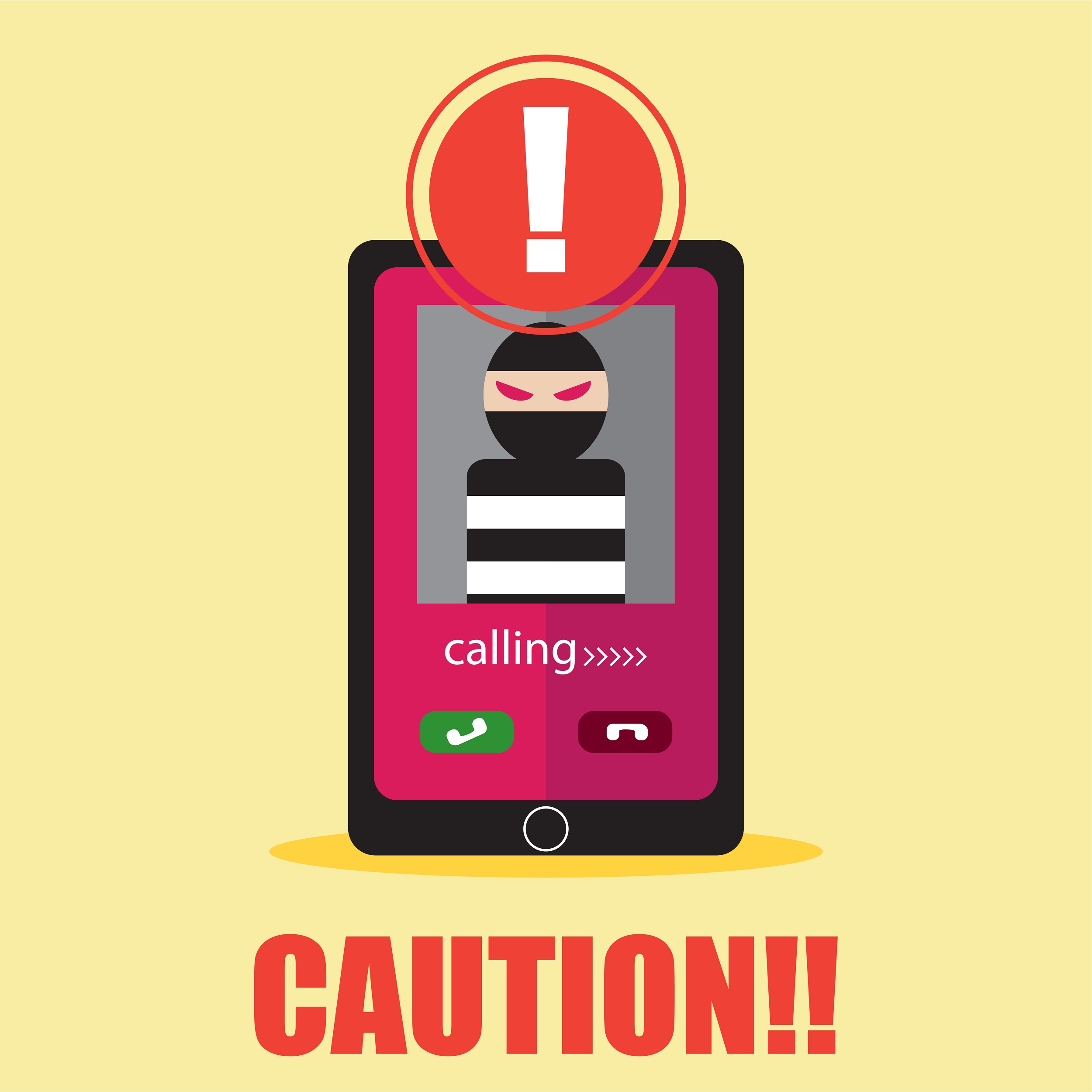
The best ways to control your spending
It’s easy to fall into the bad habit of overspending. However, it is possible to curb this bad habit and learn how to budget and spend your money wisely. The following tips are some of the best ways we’ve discovered to control your spending and obtain financial stability.
Make a budget
 One method is jam-jar budgeting. This method involves dividing your income into separate “jam-jars” to use for your various expenses to ensure you have allocated enough money to cover them. For this method, you can use real jam-jars, snap-lock sandwich bags, envelopes or virtual jam-jars by dividing your income into several separate sub-accounts of one bank account. For instance, your expenses might include mortgage or rent, car payments, utility bills and housekeeping, etc. This method ensures you don’t overspend on unnecessary items and run short of money for your regular bills. All your money is allocated to some purpose, so you don’t have any lying around that you could be tempted to spend on something unnecessary.
One method is jam-jar budgeting. This method involves dividing your income into separate “jam-jars” to use for your various expenses to ensure you have allocated enough money to cover them. For this method, you can use real jam-jars, snap-lock sandwich bags, envelopes or virtual jam-jars by dividing your income into several separate sub-accounts of one bank account. For instance, your expenses might include mortgage or rent, car payments, utility bills and housekeeping, etc. This method ensures you don’t overspend on unnecessary items and run short of money for your regular bills. All your money is allocated to some purpose, so you don’t have any lying around that you could be tempted to spend on something unnecessary.
When using this budgeting method, it’s important to allow yourself some “sanity money”, which is a small allowance to splurge however you wish.
If you prefer to have a traditional written budget, this will also help you to keep within your means and not spend more than you earn.
Control your credit card
Don’t use your credit card willy-nilly; remember you still have to pay for everything you buy eventually. Train yourself to think that you’re using your own, and not the bank’s money. Using real cash more often is a way of reminding yourself that you’re using your money, instead of the tap-and-go.
Be sure to pay off your whole owing amount each month. This will rule out spending extra money on interest charges.
Identify your spending triggers
Certain psychological and emotional triggers have been found to cause many people to overspend. Certain places like shopping malls, craft fairs and home shows are notorious for this. Your emotions can also be a high-risk spending activation. If you’re stressed or upset, it’s easy to seek to console yourself by spending money on something to make you feel better. Shopping with friends can also influence your spending habits. If they’re spending up big, chances are that you’ll feel like joining in on the fun.
Set savings goals
Setting some short term savings goals to help you stay motivated to save money is one of the best ways to control your spending. Set specific, not generic goals. For example, “I will decrease my spending on clothing and shoes” should be, “I will decrease my clothes spending by $200 every month”.
Avoid temptation
Try to fight against impulse buying. Instead, have goals for what you think you want and need and save towards these things. If you see something you absolutely must have, at least sleep on it. Sometimes, by morning you’ll realise you don’t really want/need this item. When you shop, have a list and stick to it!
When out shopping, know that retailers have the goal to tempt you into impulse buying. Chocolates at the checkout, for instance!
If you can develop good spending habits, you’ll soon be on your way to increasing your savings and avoiding the pitfalls of overspending.
If you’re needing some professional help with your finances and keeping everything in check, the team at IQ Accountants are the group for you. Call 07 5576 0011, email us, or book us today!
Bookkeeper & Accountant Gold Coast















